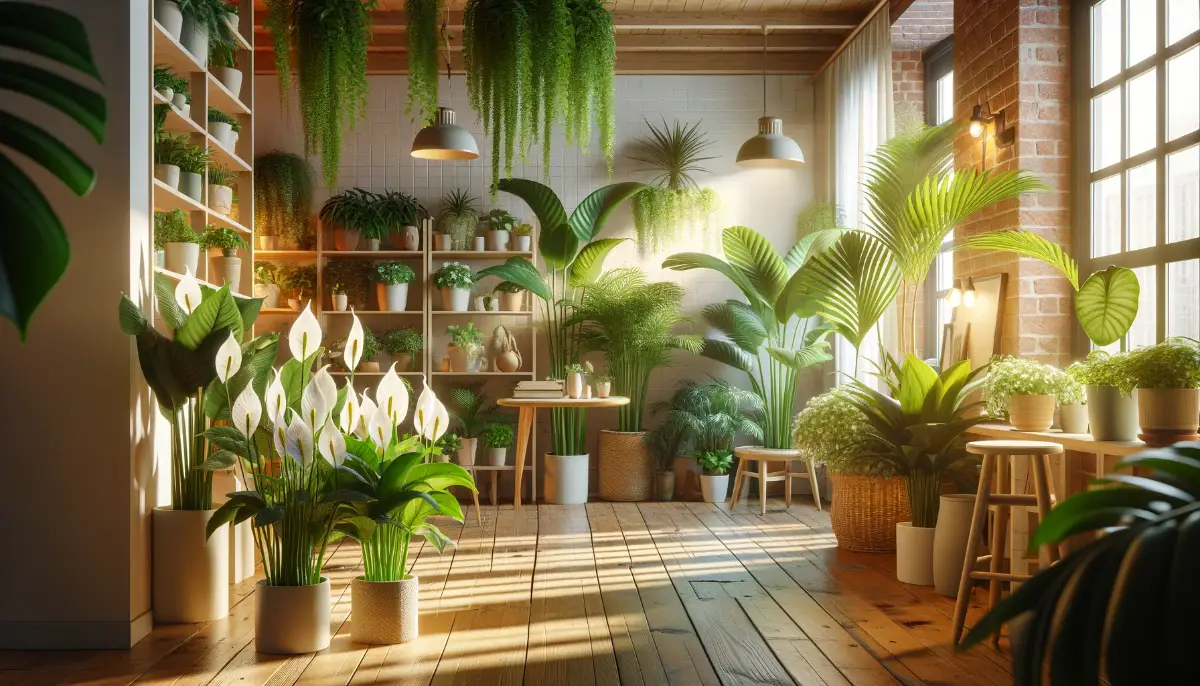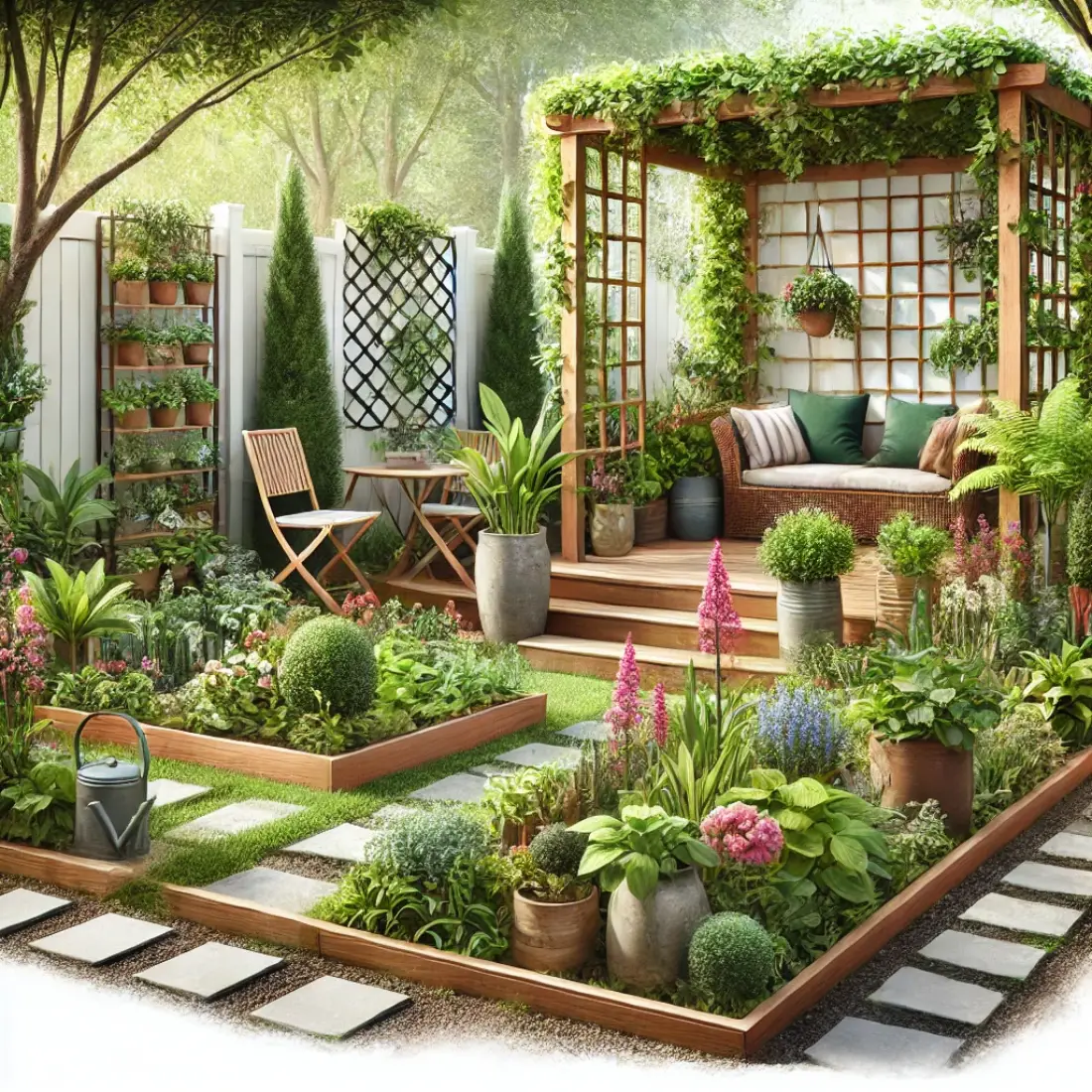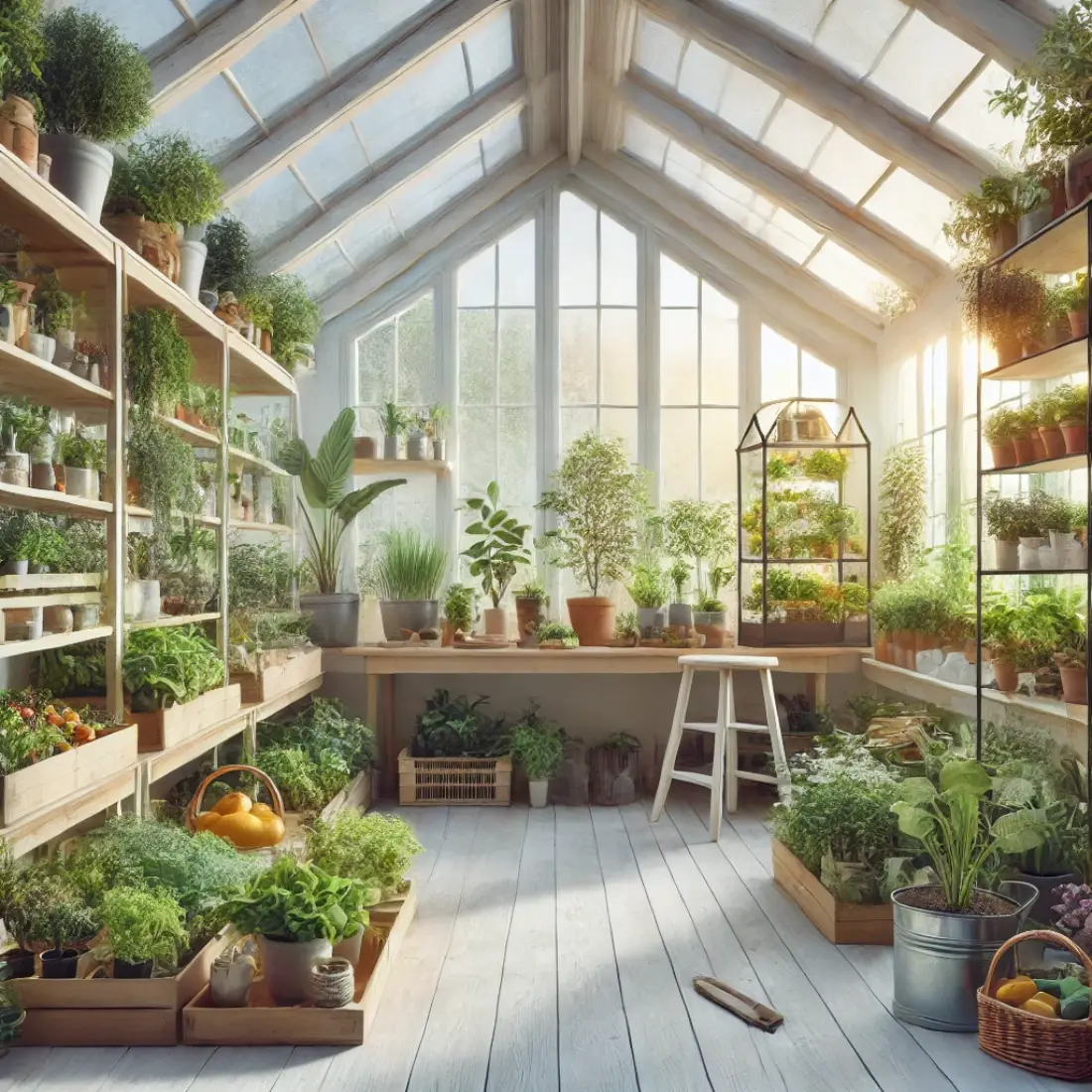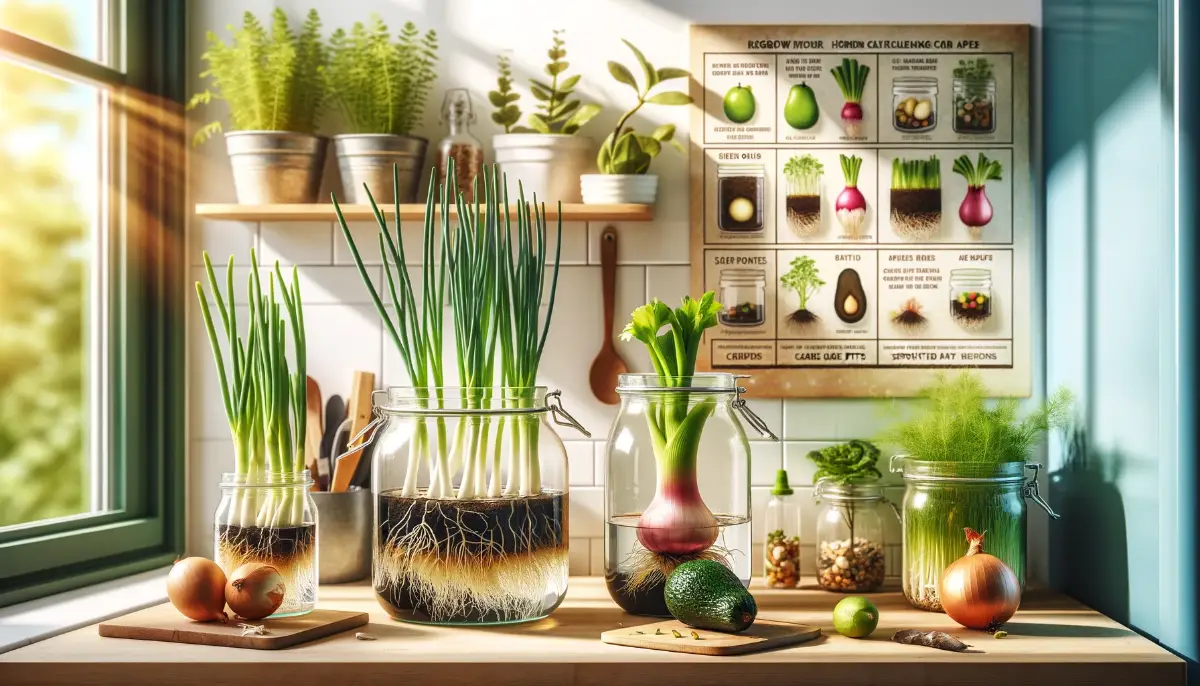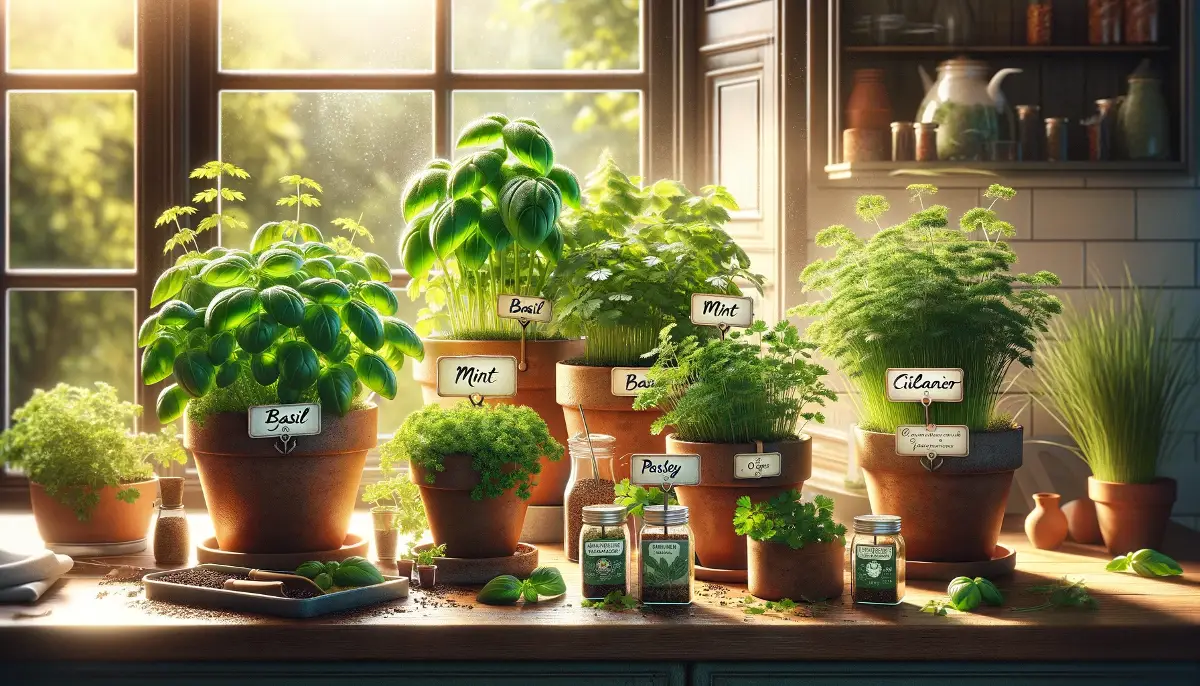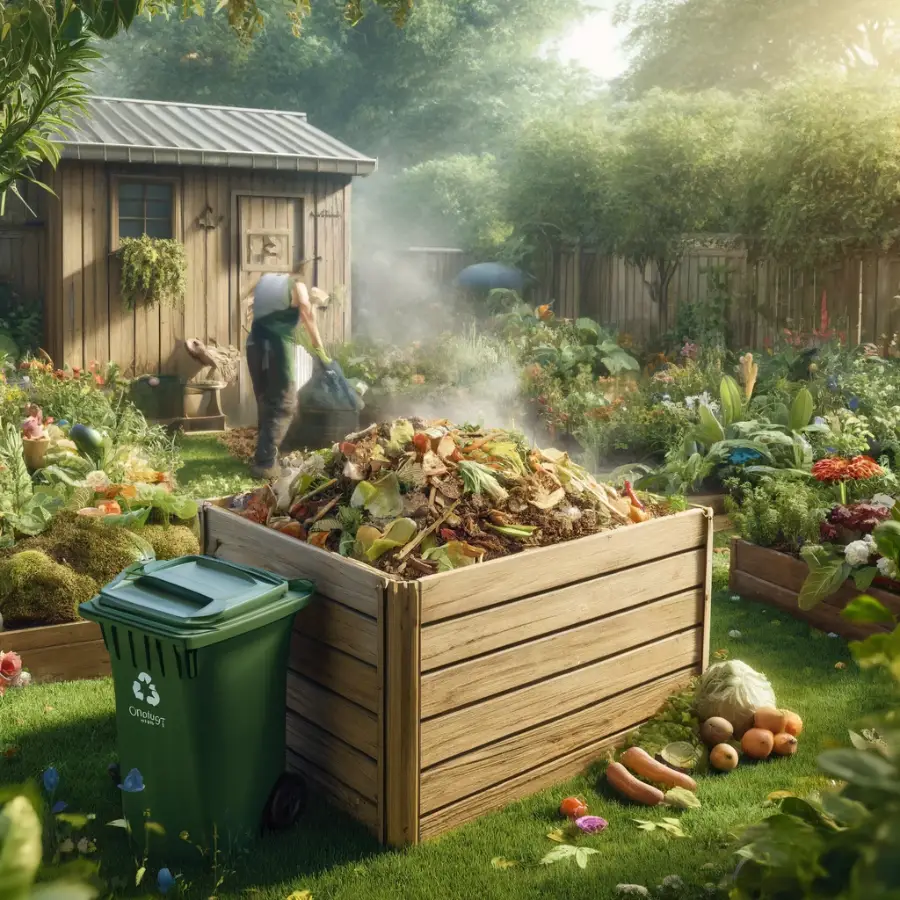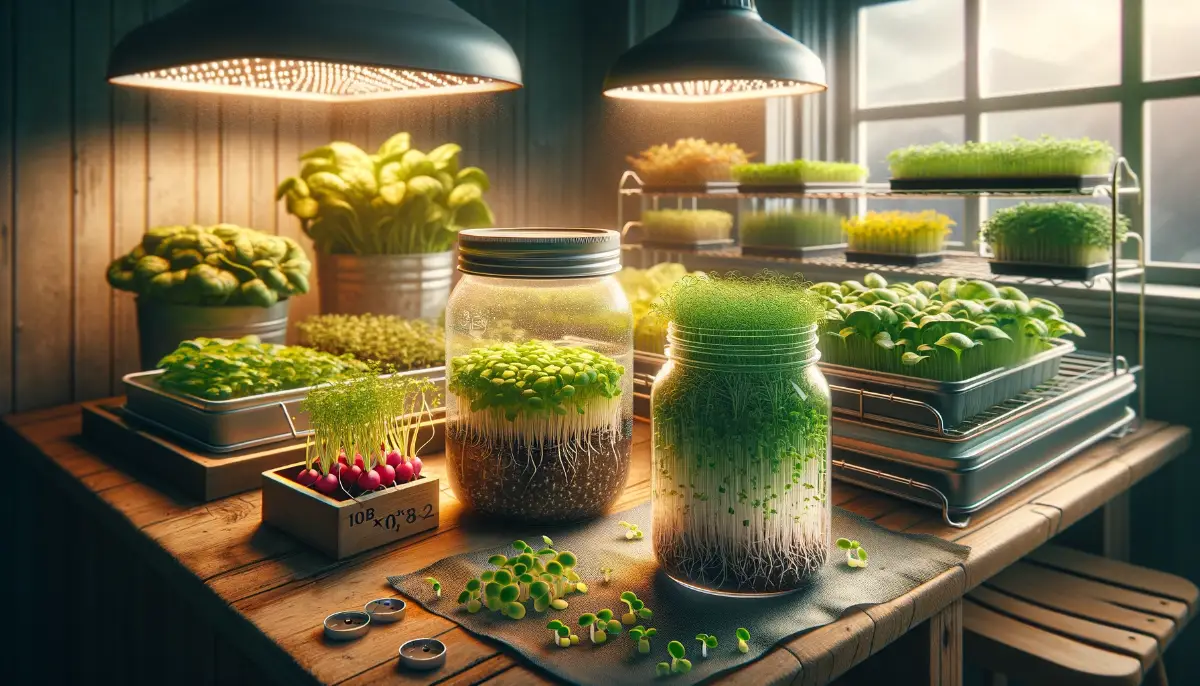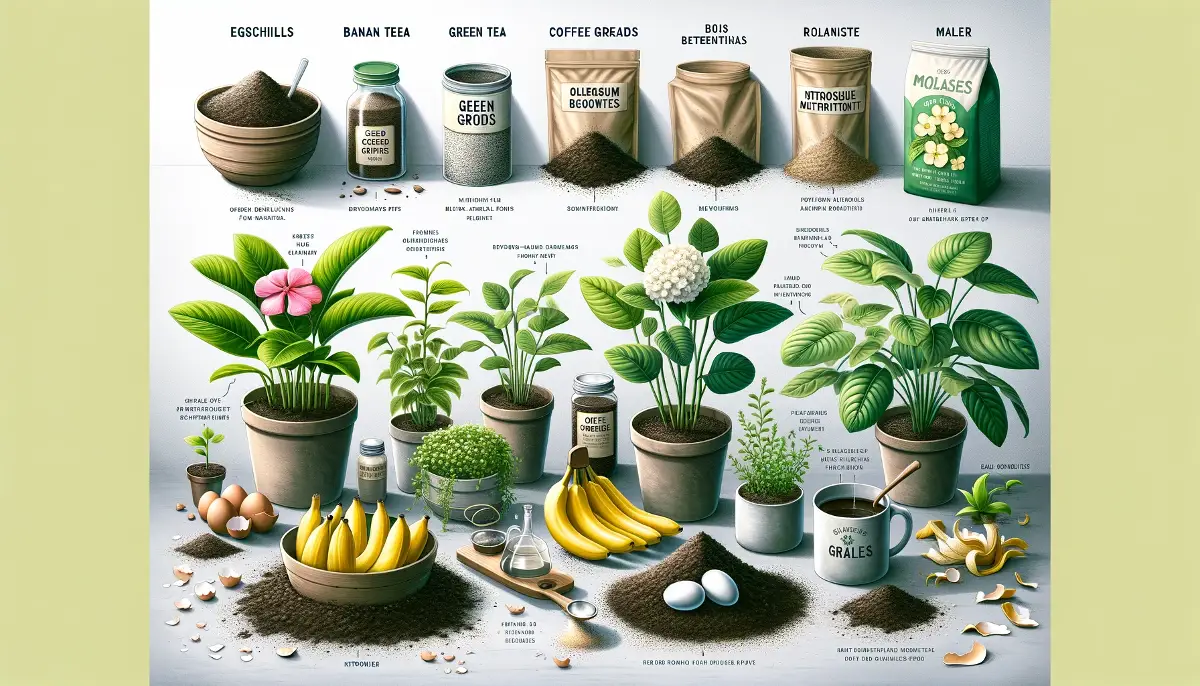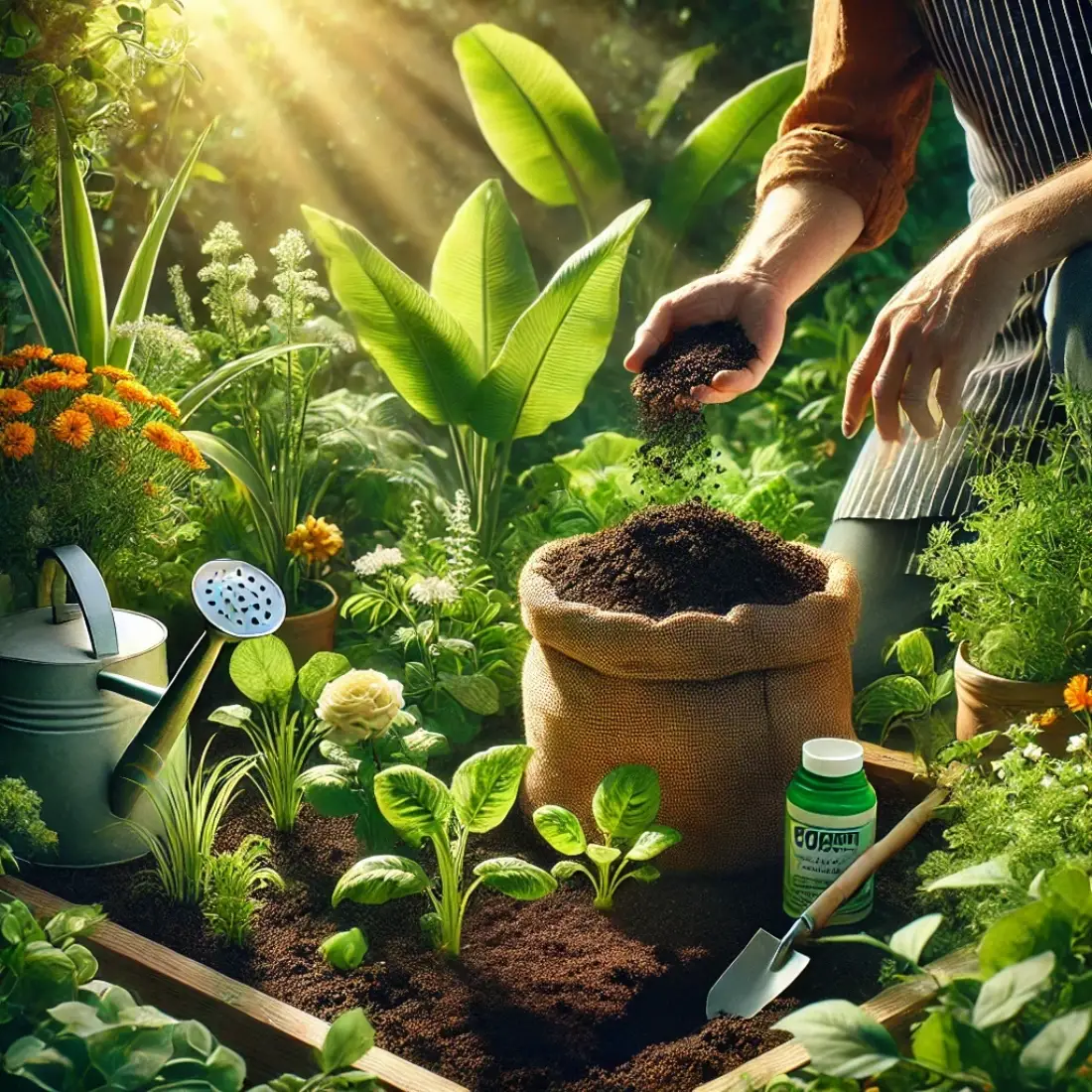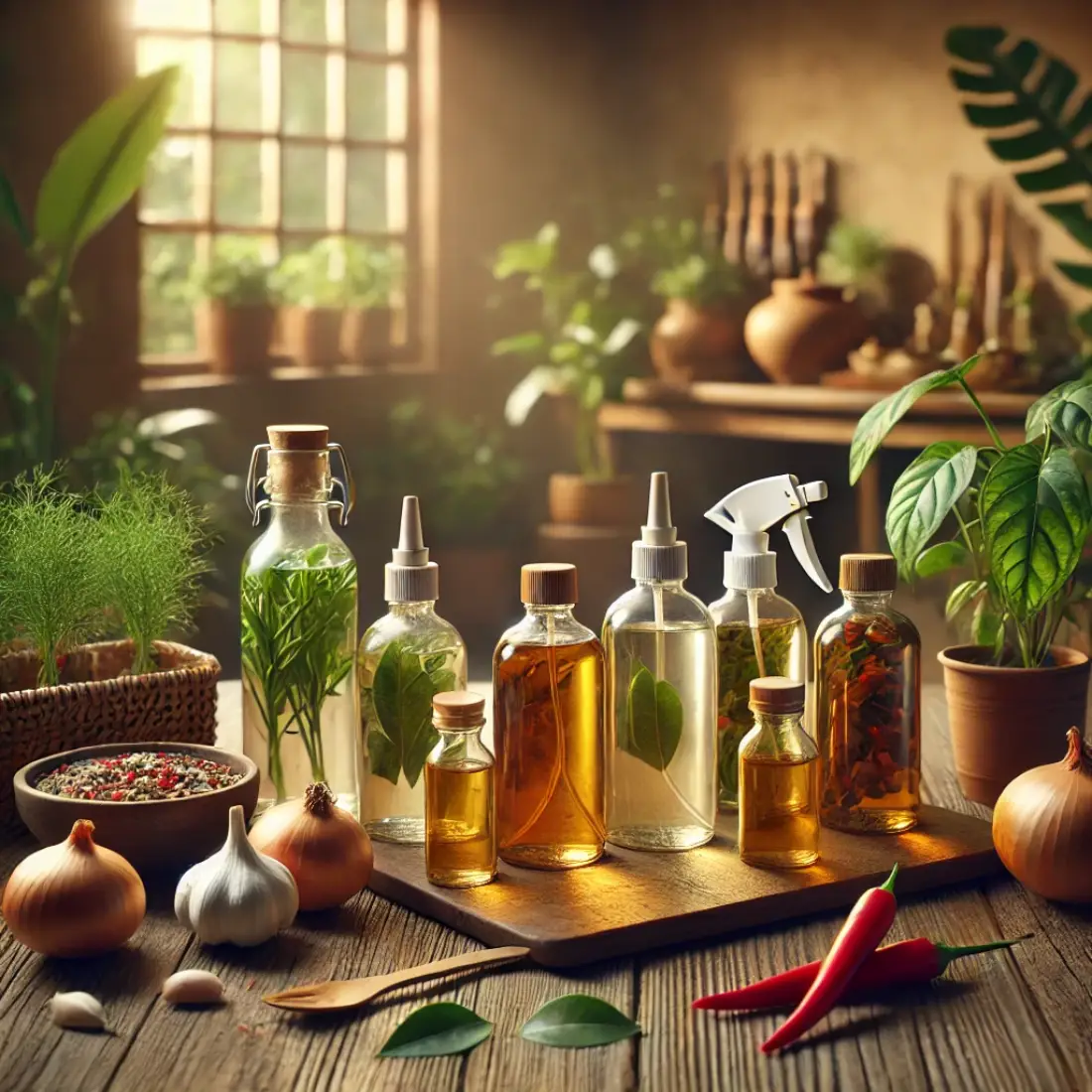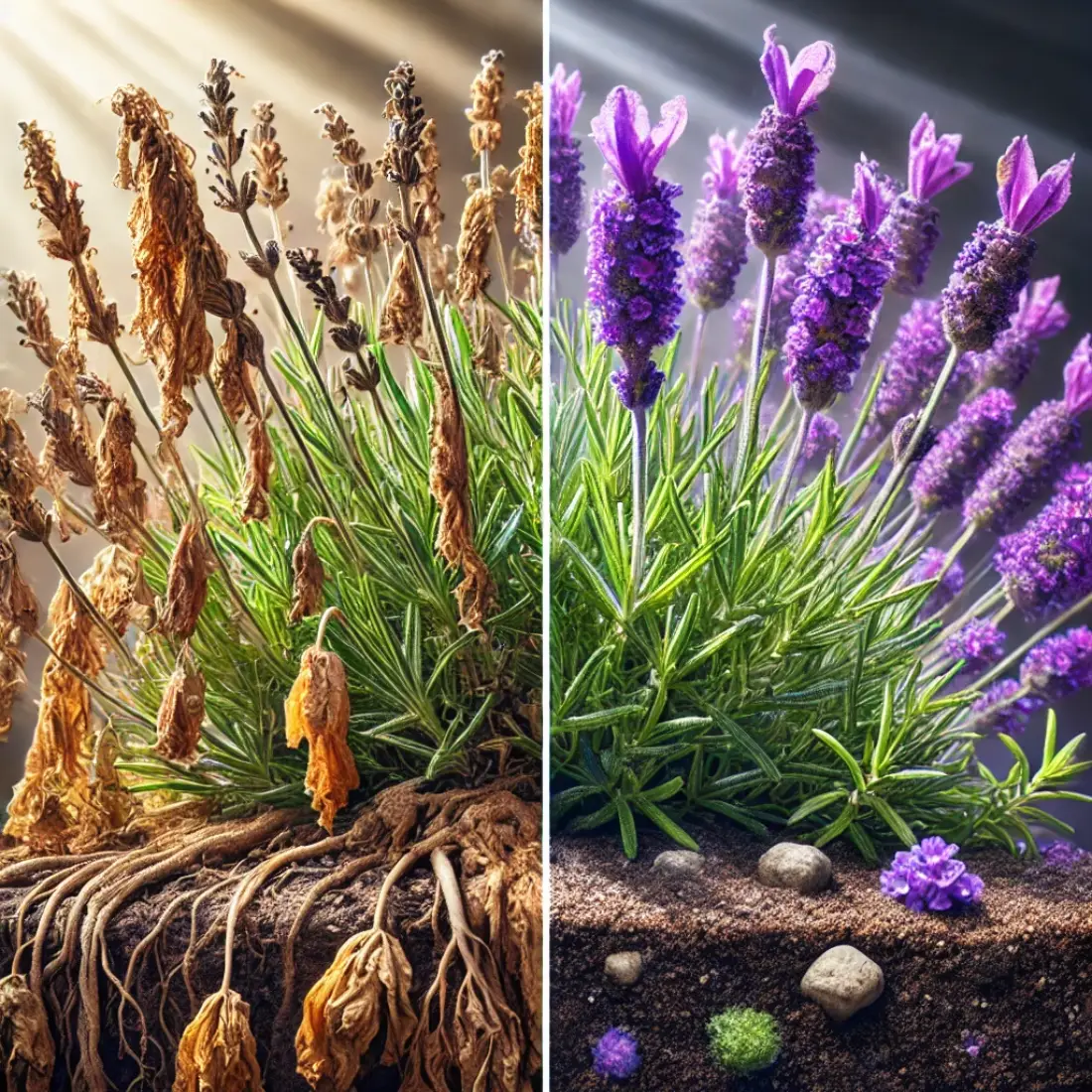Organic indoor gardening is more than just a hobby—it’s a sustainable practice that can enhance your living space, improve your health, and positively impact the environment. This guide highlights the top 10 reasons why organic indoor gardening is a must for anyone looking to create a healthier home and lifestyle.
1. Improved Indoor Air Quality
One of the most immediate benefits of organic indoor gardening is its ability to significantly enhance air quality. Plants naturally filter out harmful toxins, such as benzene, formaldehyde, and carbon dioxide, while increasing oxygen levels.
This creates a cleaner, fresher environment, making your home a healthier place to live. Popular air-purifying plants include spider plants, peace lilies, snake plants, and golden pothos, which are known for their ability to remove pollutants.
Pro Tip: Add a variety of these plants to key areas of your home for maximum air-purifying benefits.
2. Boosts Mental Health and Well-being
Gardening has been scientifically proven to reduce stress and promote mental well-being. The presence of plants indoors can enhance your mood, reduce anxiety, and foster a sense of calm.
The act of nurturing plants can also provide a therapeutic escape from daily stresses, offering a connection to nature that is often missing in modern urban life.
Studies show that spending time with plants can help reduce symptoms of depression and anxiety, making organic indoor gardening an effective form of self-care.
3. Customizable Plant Growth Environment
Indoor gardening gives you full control over the growing environment, including temperature, humidity, and light exposure. This is especially beneficial for delicate plants that may struggle in outdoor conditions.
By adjusting these variables, you can create ideal growing conditions for a wide range of plants, ensuring they thrive year-round.
Tip: Invest in grow lights and humidifiers to optimize growth for plants that require specific care.
4. Reduced Exposure to Pests and Extended Growing Seasons
Unlike outdoor gardening, indoor gardens are much less susceptible to pests, which means fewer chances of plant diseases and infestations. Additionally, organic indoor gardening allows for an extended growing season, giving you the ability to grow plants, herbs, or vegetables year-round, regardless of the weather outside.
Bonus: Starting seedlings indoors can give your plants a head start before transferring them outdoors, if needed.
5. Natural Aesthetic Enhancements
Indoor plants bring a natural, vibrant touch to your living space, enhancing your home’s aesthetics while also promoting a calming atmosphere. Whether you’re decorating with lush ferns or colorful succulents, plants can add beauty, texture, and life to any room.
Tip: Use hanging plants, potted herbs, and vertical gardens to make the most of limited space.
6. Educational Opportunities for All Ages
Organic indoor gardening can be a fun and educational activity for both children and adults. It offers hands-on learning experiences about plant biology, ecosystems, and sustainable practices.
This educational aspect helps cultivate responsibility, patience, and an understanding of where food comes from.
Tip: Involve your kids in the gardening process to teach them valuable lessons about nature and sustainability.
7. Nutrient-rich Organic Produce
One of the key advantages of organic gardening is the superior quality of the produce. Organic fruits, vegetables, and herbs grown indoors tend to be higher in essential nutrients like Vitamin C, calcium, magnesium, and iron.
This is because organic gardening focuses on nutrient-rich, chemical-free soil, leading to healthier, tastier produce.
Grow your own organic herbs like basil, parsley, and thyme for fresh, flavorful additions to your meals.
8. Soil and Environmental Benefits
By avoiding synthetic fertilizers and pesticides, organic indoor gardening promotes healthier soil and reduces the risk of water pollution and toxic runoff. These eco-friendly practices support a balanced ecosystem of beneficial microorganisms, leading to long-term sustainability for both your plants and the environment.
Composting kitchen scraps can further enrich your indoor garden’s soil.
9. Therapeutic and Physical Health Benefits
The act of gardening itself offers physical and mental health benefits. Known as horticultural therapy, gardening activities can reduce stress, lower blood pressure, and improve hand-eye coordination.
Organic gardening also supports overall wellness, as you actively engage in an eco-friendly, health-conscious lifestyle.
Pro Tip: Use organic compost and fertilizers to keep your garden chemical-free and aligned with sustainable practices.
10. Cost-effective and Sustainable
While organic produce may be more expensive to buy, growing your own food indoors can lead to significant cost savings. By composting and using organic gardening practices, you can minimize expenses on soil amendments and fertilizers.
Additionally, growing your own fruits, vegetables, and herbs can cut grocery bills, making organic indoor gardening a long-term investment in both health and savings.
Start small with easy-to-grow herbs and vegetables like lettuce, tomatoes, and mint to see immediate results.
Incorporating organic indoor gardening into your home offers a multitude of benefits—from improving air quality and mental health to enhancing the aesthetic appeal of your living space.
This sustainable practice supports environmental health, provides nutrient-rich produce, and promotes a more balanced and peaceful lifestyle. By starting your own organic indoor garden today, you can enjoy these rewards while contributing to a greener, healthier future.
FAQ for the benefits of organic indoor gardening
How does organic indoor gardening improve air quality?
Organic indoor gardening improves air quality by absorbing pollutants and releasing oxygen through the natural process of photosynthesis. Plants like spider plants, peace lilies, and snake plants are particularly effective at filtering out common indoor pollutants.
Can organic indoor gardening really extend the growing season?
Yes, organic indoor gardening can extend the growing season by providing controlled conditions that allow for early seed starting and protecting plants from early or late frost. This enables gardeners to grow plants beyond their traditional outdoor season.
What are the benefits of organic indoor gardening for mental health?
Organic indoor gardening offers significant mental health benefits, including stress reduction and emotional therapy. The process of caring for plants can be meditative, fostering a sense of calm and well-being. Horticultural therapy uses gardening activities to improve psychological and physical health.
How does organic gardening affect the nutritional value of produce?
Organic gardening tends to produce foods with higher levels of vitamins and essential minerals. Studies have shown that organic crops can have higher levels of Vitamin C, magnesium, iron, and phosphorus compared to conventionally grown produce.
Why is protecting soil health important in organic gardening?
Soil health is crucial in organic gardening because healthy soil supports a vibrant ecosystem of organisms, prevents erosion, conserves water, and improves plant health. Organic practices enhance soil fertility and prevent contamination from synthetic chemicals.
Are there financial benefits to organic indoor gardening?
Yes, organic indoor gardening can be financially beneficial in the long run. By producing your own nutrient-rich vegetables and herbs, you can save on grocery bills. Composting and using organic fertilizers also reduce the need for expensive chemical amendments.
What types of plants are suitable for organic indoor gardening?
A wide range of plants are suitable for organic indoor gardening, including air-purifying plants, herbs, vegetables, and decorative plants. The choice depends on your space, lighting conditions, and personal preferences.
How do I start an organic indoor garden?
To start an organic indoor garden, begin by selecting suitable containers, ensuring they have proper drainage. Choose organic soil and decide on the plants that will thrive in your indoor conditions. Consider the lighting, temperature, and humidity in your space to ensure optimal growth.


